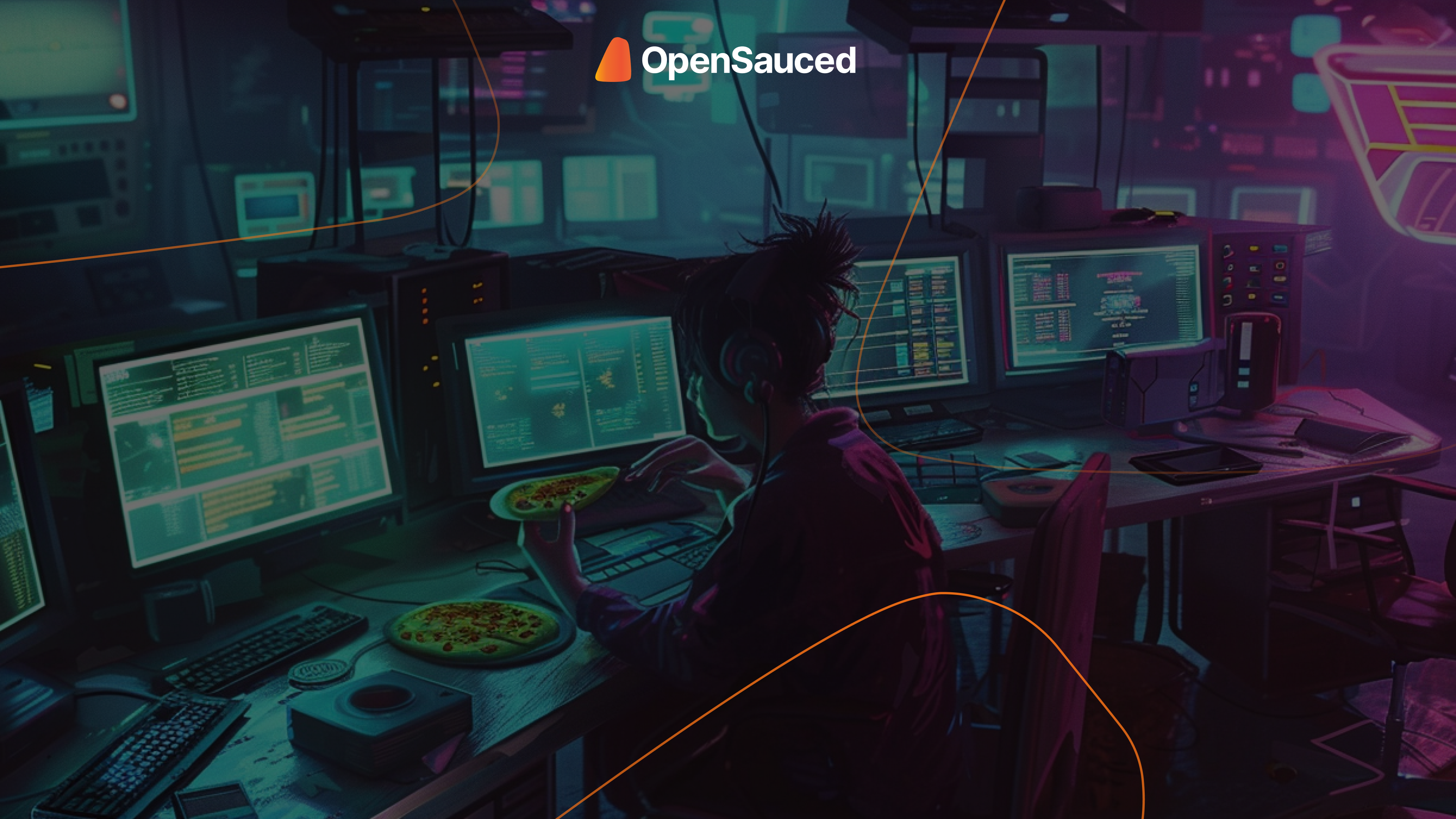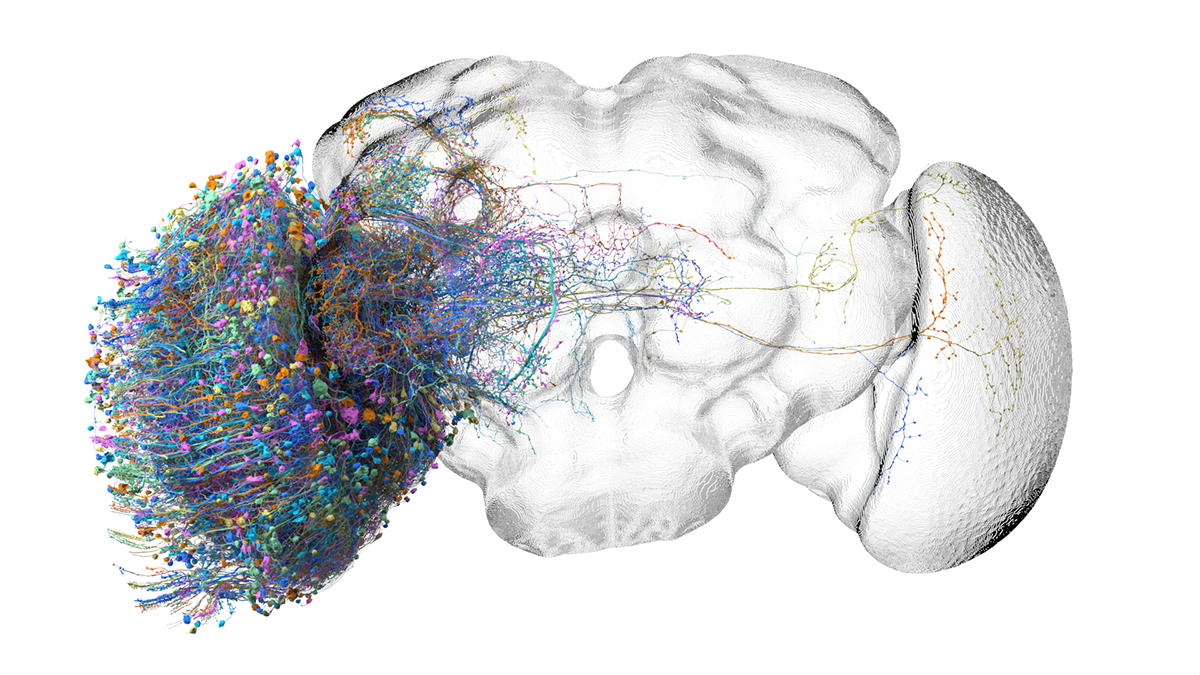brettkromkamp / contextualise
Contextualise is a simple but effective tool particularly suited for organising information-heavy projects and activities consisting of unstructured and widely diverse data and information resources -- think of investigative journalism, personal and professional research projects, world building (for books, movies or computer games) and many kinds of hobbies.
Finally, check out the Awesome Knowledge Management resource, a curated list of amazingly awesome articles, people, projects, applications, software libraries and projects related to the knowledge management space. Alternatively, if you are interested in reading more in-depth articles in relation to knowledge management in general and Contextualise in particular, then check out my blog.
Contextualise's main dependency is TopicDB, an open source topic maps-based graph store. Topic maps provide a way to describe complex relationships between abstract concepts and real-world (information) resources.
I built and published my first (topic maps-based) knowledge documentation tool in 2006 which I was still using until quite recently, almost unmodified, fourteen years later. If I remember correctly, it was built with PHP version 5.2.5! Fourteen years is an eternity in software terms. Nowadays, my preferred choice for web development is Python together with the Flask and Django web development frameworks. What's more, after fourteen years of using my own and other knowledge management tools, I have several improvements in mind for the next version (many of which are simplifications, for that matter). And perhaps one of the most important reasons for building a new tool like this is that I want it to be open source: both Contextualise (the web application) and TopicDB (the actual topic maps engine on top of which Contextualise is built -- also written by me) are licensed with the permissive open source MIT license.













